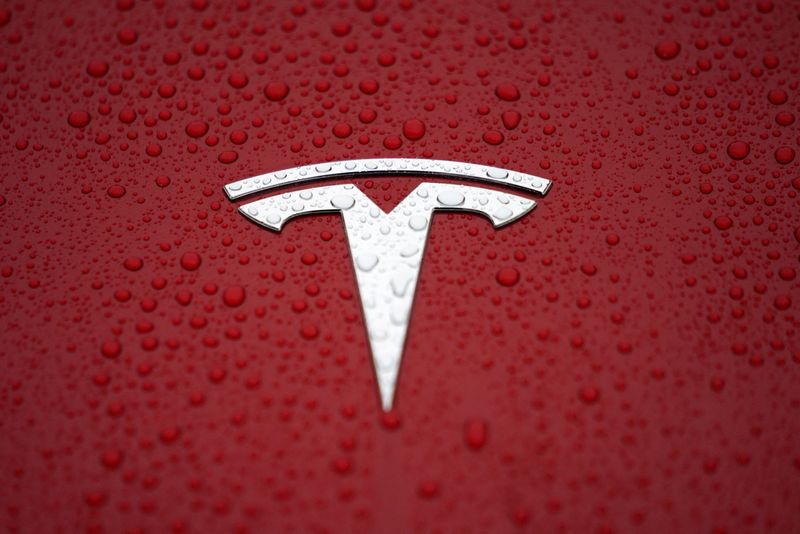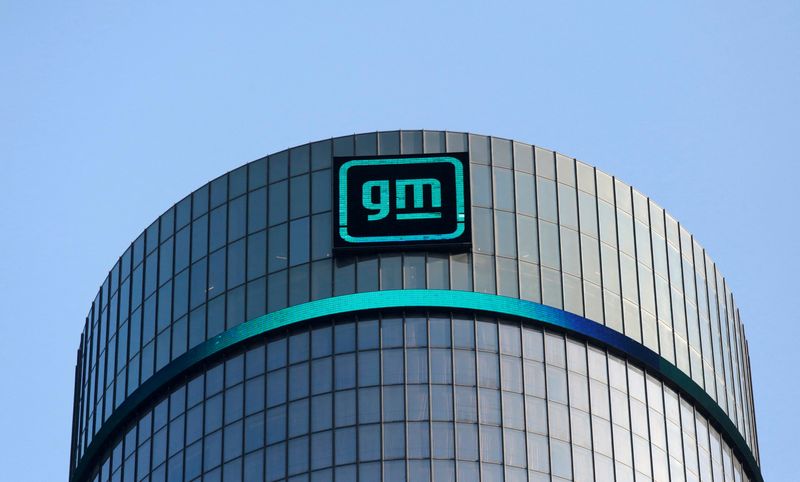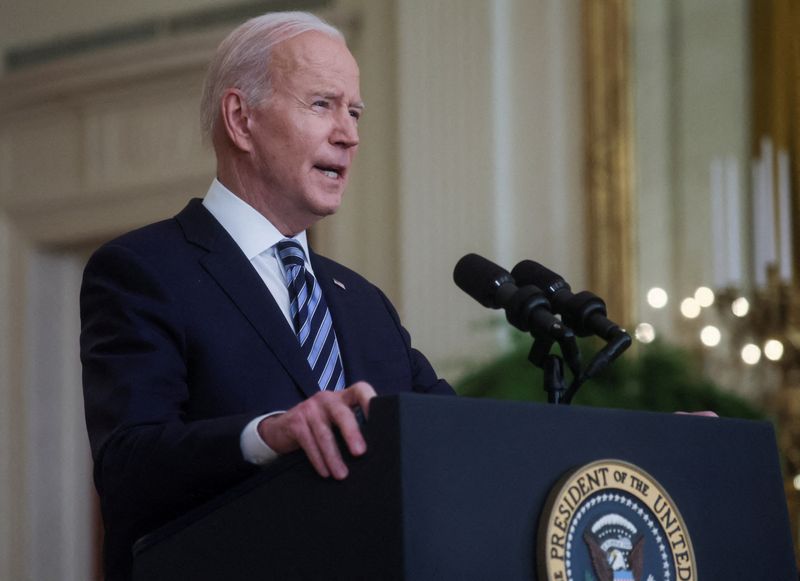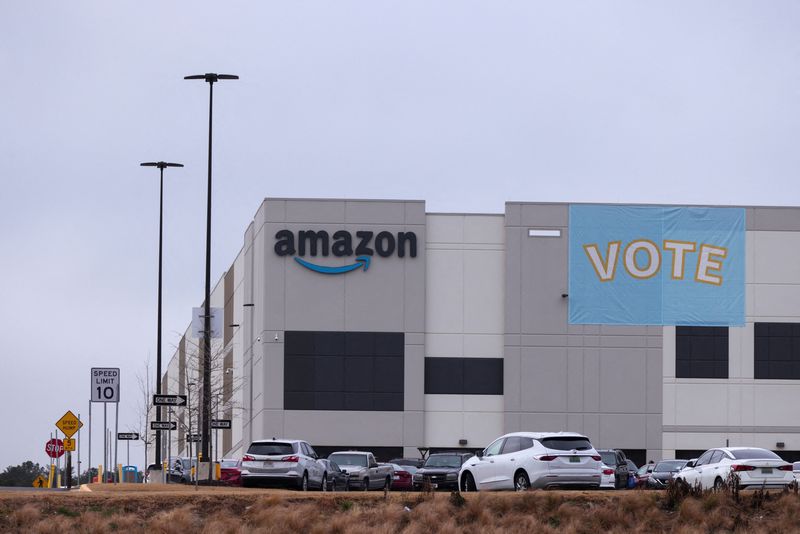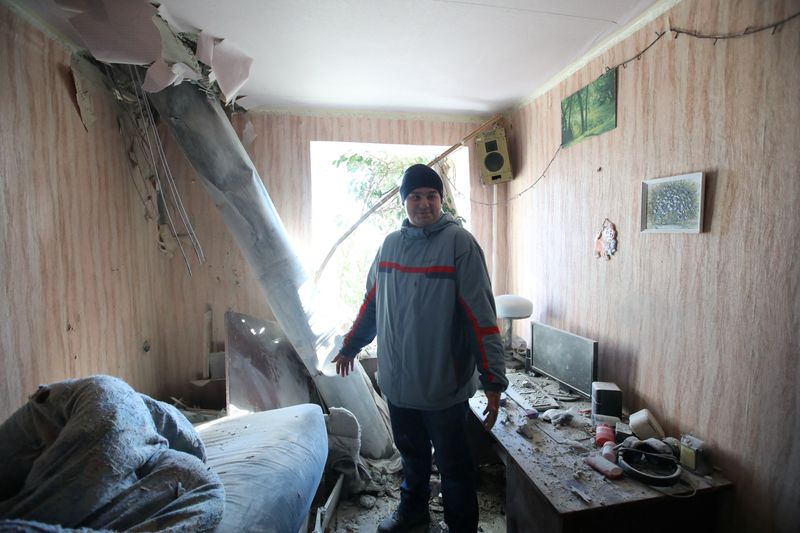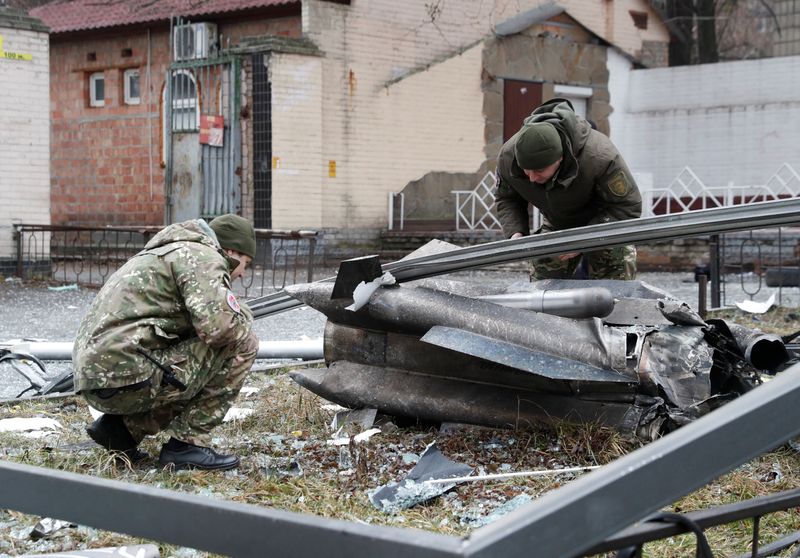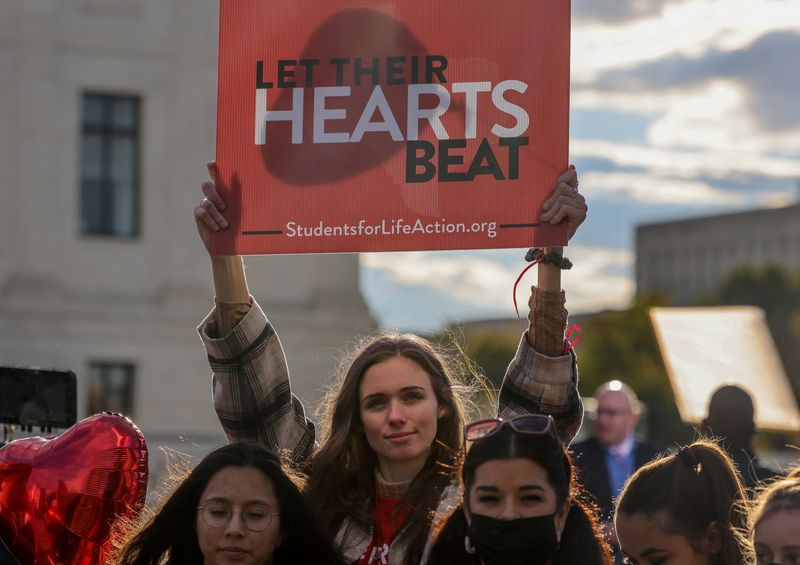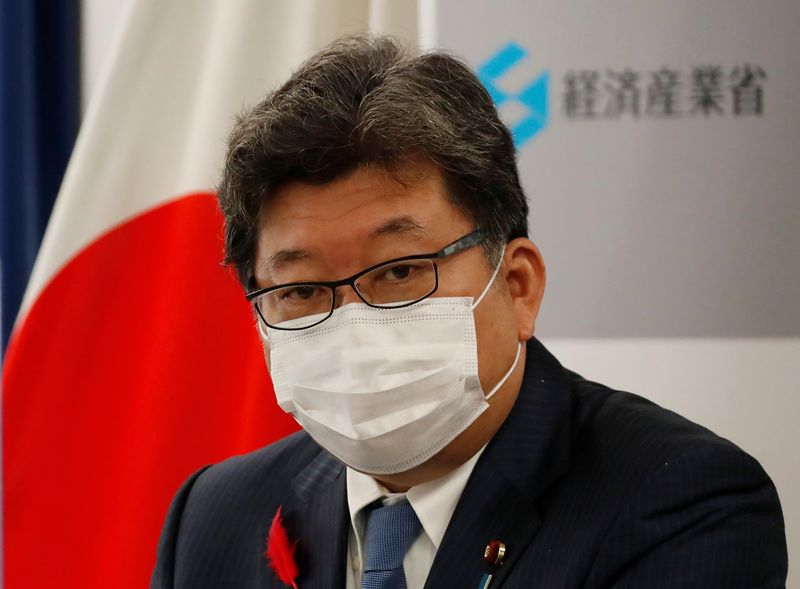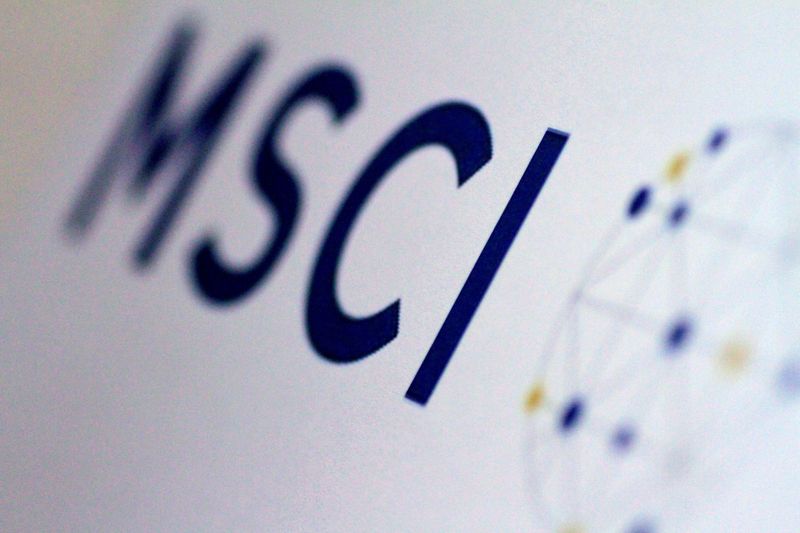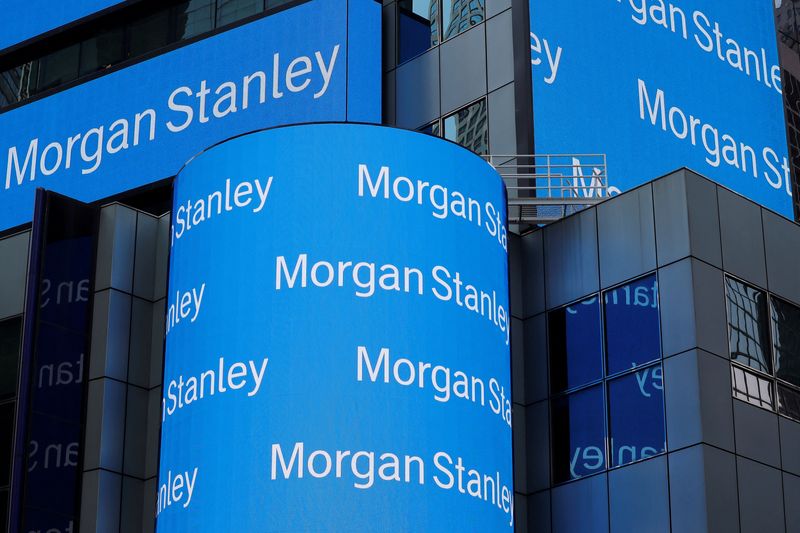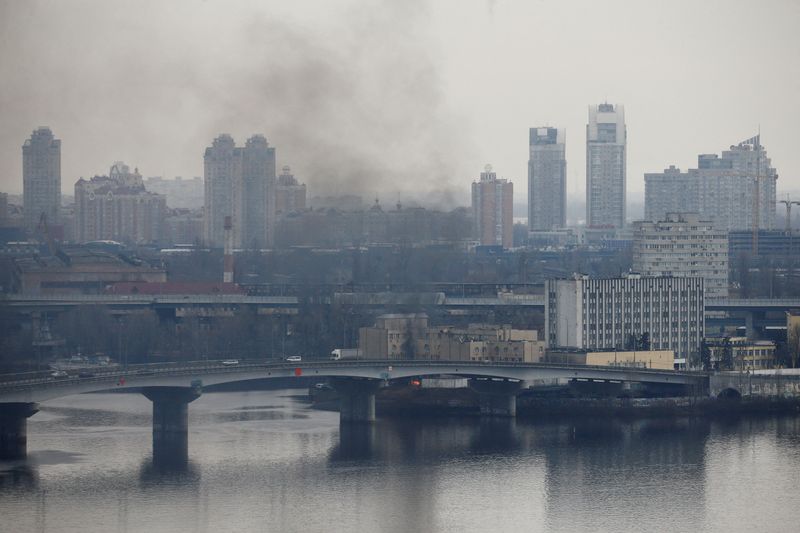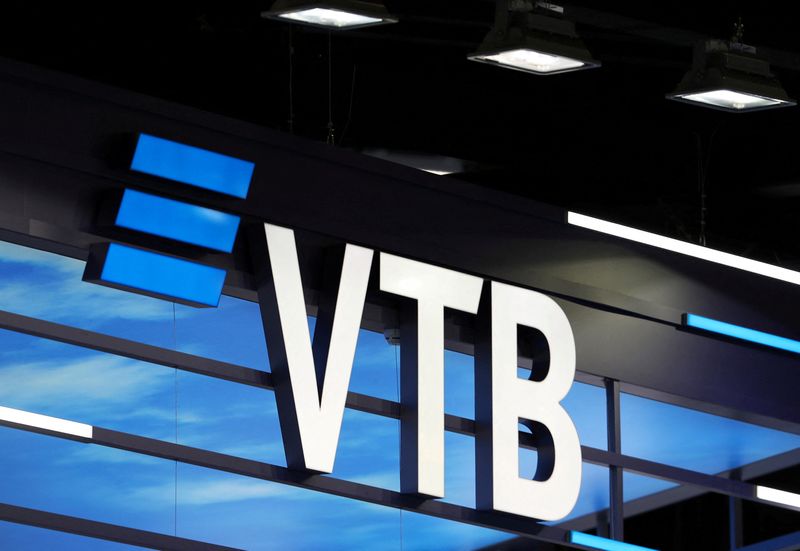– The U.S. Securities and Exchange Commission is investigating whether recent stock sales by Tesla Inc Chief Executive Elon Musk and his brother Kimbal Musk “violated insider trading rules”, the Wall Street Journal reported on Thursday, citing people familiar with the matter.
According to the report, the investigation began last year after Kimbal sold shares of the electric carmaker valued at $108 million, a day before Musk polled Twitter users asking whether he should offload 10% of his stake in Tesla.
Kimbal Musk did not know about the Twitter poll ahead of it, Elon Musk told the Financial Times in an email, adding that his lawyers were “aware” of the poll.
An earlier settlement with the SEC required his public statements about the company’s finances and other topics to be vetted by its legal counsel.
The SEC issued a subpoena on Nov. 16, ten days after Musk’s poll, seeking information related to some financial data.
The potential probe would escalate Musk’s battle with regulators as they scrutinize his social media posts and Tesla’s treatment of workers, including accusations of discrimination.
Last week, Musk accused the SEC of harassing him and Tesla with an “endless” and “unrelenting” investigation to punish him for being an outspoken critic of the government.
Elon Musk’s share sales in November were automatically executed according to a trading plan he had created on Sept. 14, showed a filing disclosing share sales, including stock options that were supposed to expire in 2022.
Tesla’s stock has fallen about 33% since Musk began selling billions of dollars worth of shares on Nov. 8, few days after the poll where 58% of voters asked him to sell.
Tesla and Kimbal Musk did not immediately respond to Reuters’ requests for comment. A spokesperson for the SEC declined to comment.
(Reporting by Akash Sriram in Bengaluru; Editing by Maju Samuel)

